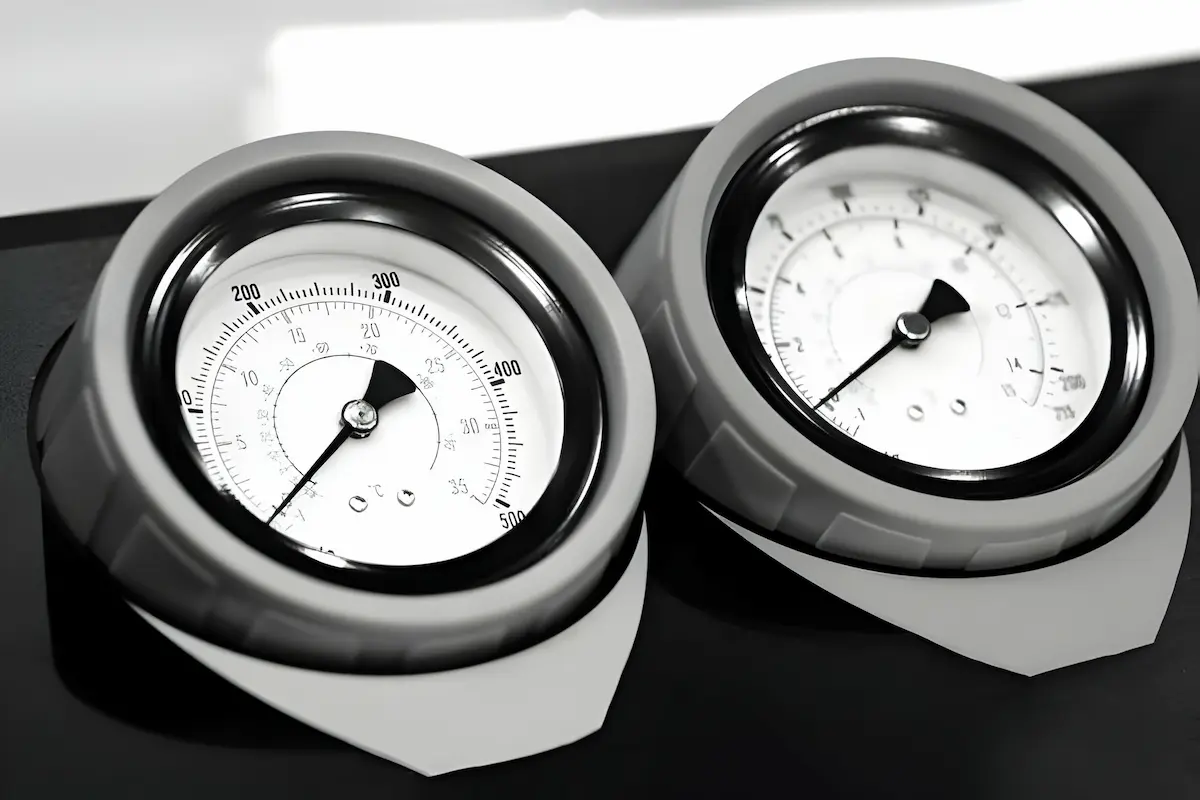Introduction to Vacumetros
Vacumetros, also known as vacuum gauges, are essential instruments used in various industries for measuring and monitoring levels of vacuum within a system. Whether it’s in manufacturing, research laboratories, or medical facilities, vacumetros play a crucial role in ensuring processes run smoothly and efficiently.
How Vacumetros Work
At its core, a vacumetro operates by measuring the pressure differential between the inside of a vacuum system and the surrounding atmosphere. This is achieved through the use of sensors or mechanisms that detect changes in pressure. Common components of a vacumetro include a pressure sensor, display unit, and control interface. There are different types of vacumetros available, including analog and digital models, each offering unique features and benefits.
Applications of Vacumetros
The applications of vacumetros span across various industries. In manufacturing, they are used for processes such as vacuum molding, degassing, and packaging. In scientific research, they are essential for experiments involving vacuum chambers and space simulations. Additionally, in the medical field, vacumetros play a vital role in procedures such as blood collection and sterilization.
Benefits of Using Vacumetros
One of the key benefits of using vacumetros is their precision and accuracy in measuring vacuum levels. This ensures that processes are carried out with the utmost efficiency and reliability. Moreover, they help in reducing costs by optimizing energy consumption and minimizing wastage.
Choosing the Right Vacumetro
When selecting a vacumetro for a specific application, several factors need to be considered, including the required measurement range, accuracy, and compatibility with existing equipment. It’s essential to compare different models available in the market to find the one that best suits your needs.
Maintenance and Calibration
Regular maintenance and calibration are crucial for ensuring the accuracy and reliability of vacumetros. This involves inspecting for any signs of wear and tear, cleaning components as necessary, and calibrating the instrument according to manufacturer guidelines.
Safety Precautions
Operating vacuum systems can pose certain risks, such as implosions and exposure to hazardous materials. Therefore, it’s important to follow safety protocols and guidelines when working with vacumetros. This includes wearing appropriate protective gear and ensuring proper ventilation in the workspace.
Future Trends in Vacumetro Technology
As technology continues to advance, so do vacumetros. Future developments in vacumetro technology are expected to focus on enhancing precision, expanding measurement capabilities, and integrating with IoT (Internet of Things) platforms for remote monitoring and control.
Conclusion
In conclusion, vacumetros are indispensable tools in various industries, providing accurate measurement and monitoring of vacuum levels. By understanding how vacumetros work, their applications, and the benefits they offer, businesses and researchers can optimize their processes for improved efficiency and productivity.
FAQs:
Can vacumetros be used in high-pressure environments?
Vacumetros are specifically designed for measuring vacuum levels and may not be suitable for use in high-pressure environments.
How often should a vacumetro be calibrated?
It’s recommended to calibrate a vacumetro at least once a year or as per manufacturer guidelines to ensure accurate readings.
Are vacumetros portable?
Some vacumetros are designed to be portable, making them suitable for field applications or on-site measurements.
Can vacumetros be used in hazardous environments?
Specialized vacumetros are available for use in hazardous environments, equipped with features such as explosion-proof casings and intrinsically safe designs.
Are vacumetros user-friendly?
Yes, most vacumetros are designed with user-friendly interfaces and intuitive controls, making them easy to operate for professionals in various industries.







